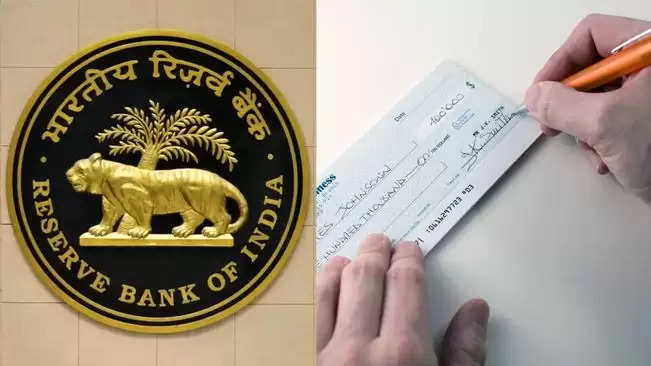RBI Announces Major Overhaul to Cheque Clearing Process: From Days to Hours

A revolutionary redesign of the procedure for clearing checks has been introduced by the Reserve Bank of India (RBI), which is expected to bring about a sea change in the way people interact with the banking system in India. It is the intention of the announcement that was made by the Governor of the Reserve Bank of India, Shaktikanta Das, during the meeting of the Monetary Policy Committee on August 8, 2024, to reduce the time it takes for cheques to be cleared from the current two to three days to just a few hours.
Payers and payees alike have been experiencing a great deal of annoyance for a considerable amount of time due to the present process, which consists of multiple phases of verification and settlement. The check Truncation System (CTS), which has been the foundation of the check processing industry in India, has traditionally been responsible for processing cheques with a clearing cycle that can last for up to two working days. It has been determined that the time required for the physical transit of cheques and the manual handling of cheques is the cause of this delay.
In an effort to overcome these inefficiencies, the Reserve Bank of India (RBI) is proposing a new model that is intended to considerably speed up the cycle of clearance checks. The Reserve Bank of India (RBI) is reportedly in the process of transforming the Central Trading System (CTS) from a batch processing system to a continuous clearing model with a 'on-realization-settlement', as stated in the most recent statement on Developmental and Regulatory Policies.
With the implementation of the new system, the processing of checks will no longer be done in batches at predetermined intervals. The checks, on the other hand, will be scanned, presented, and processed continuously throughout the operational hours of the business. We anticipate that the transition to real-time processing will significantly reduce the clearing cycle from the current T+1 (transaction day plus one day) to only a few hours. This will be a significant improvement.
Significant repercussions are going to result from this modification. Because of the shorter clearance time, firms will have more control over their cash flow and will have quicker access to those money. The new procedure will streamline the resolution of payments for individuals, so lowering the amount of time that is typically spent waiting for cheque transactions to be processed.
Governor Das emphasised that this revision is in line with the general objectives of the Reserve Bank of India (RBI), which are to improve the efficiency of the payment system and reduce settlement risks. Because of the continuous clearing model, not only will transactions be completed more quickly, but the risks that are linked with the human handling and transit of physical checks will be reduced even further.
By assuring that full guidelines for the new process will be given in the near future, the Reserve Bank of India (RBI) has provided clarity on the protocols for implementation and operational procedures. It will be necessary for banks and other financial institutions to adjust their practices to conform to these new criteria in order to guarantee a seamless transition to the enhanced system.
A great number of stakeholders are already expressing confidence in anticipation of these improvements. As a result of this enhancement, industry analysts predict that India's cheque processing will be brought up to international standards, which will result in increased trust and efficiency within the financial system.
As an additional point of interest, the transition to a continuous clearing approach is reflective of a larger trend in the Indian banking sector towards digitalisation and modernisation. As the nation continues to embrace technology innovations, such reforms are considered as vital steps towards developing a financial ecosystem that is more nimble and adaptable to changing circumstances.
In general, the project that the Reserve Bank of India (RBI) is launching is going to have a substantial impact on the way that cheque transactions are handled in India. Through the reduction of clearance times and the streamlining of processes, the central bank is not only addressing issues that have persisted for a long time, but it is also paving the way for a banking experience that is more efficient and user-friendly.
As the Reserve Bank of India (RBI) gets set to release the comprehensive guidelines, it is important for both consumers and companies to be informed and be prepared to adjust to the exciting changes that are coming. The Reserve Bank of India (RBI) is committed to supporting innovation and efficiency in the financial industry, and the imminent transition is expected to bring about a significant shift in the landscape of cheque clearing.
--
